The David F. Linowes Fellows Program
Get Involved
The David F. Linowes Fellows Program
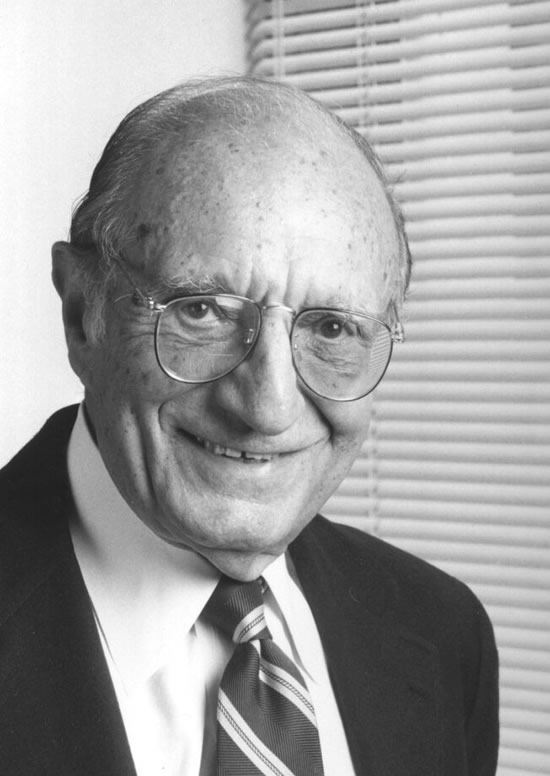
The David F. Linowes Faculty Fellows Program is made possible by a generous gift from the Linowes family. The Linowes Fellowship provides exceptionally promising tenure-stream faculty with opportunities for innovation and discovery using the Cline Center’s data holdings and/or analytic tools. Any tenure-stream faculty member at the University of Illinois at Urbana-Champaign is eligible to be considered for the Linowes Faculty Fellows program. Preference is given to those who do not already hold an endowed appointment. Faculty named as Linowes Fellows are expected to play a leadership role in conceiving and organizing the annual David F. Linowes Lecture on Public Policy, which is an important component of the Linowes endowment.
Linowes Fellow applications must be submitted by 5pm on May 5, 2023. To assist potential applicants in developing their research proposals and to learn more about relevant forms of Cline Center in-kind support that are available to Linowes Fellows, an orientation session will be held to introduce interested faculty to the Cline Center’s resources and on-going research programs via Zoom at 9:30amon Friday, April 21, 2023. Interested faculty are strongly encouraged to attend, and should RSVP with Cline Center Director, Scott Althaus [email:salthaus@illinois.edu], to receive a Zoom link for the session. Applicants are also encouraged to discuss their project ideas with the Center’s director before developing a final proposal.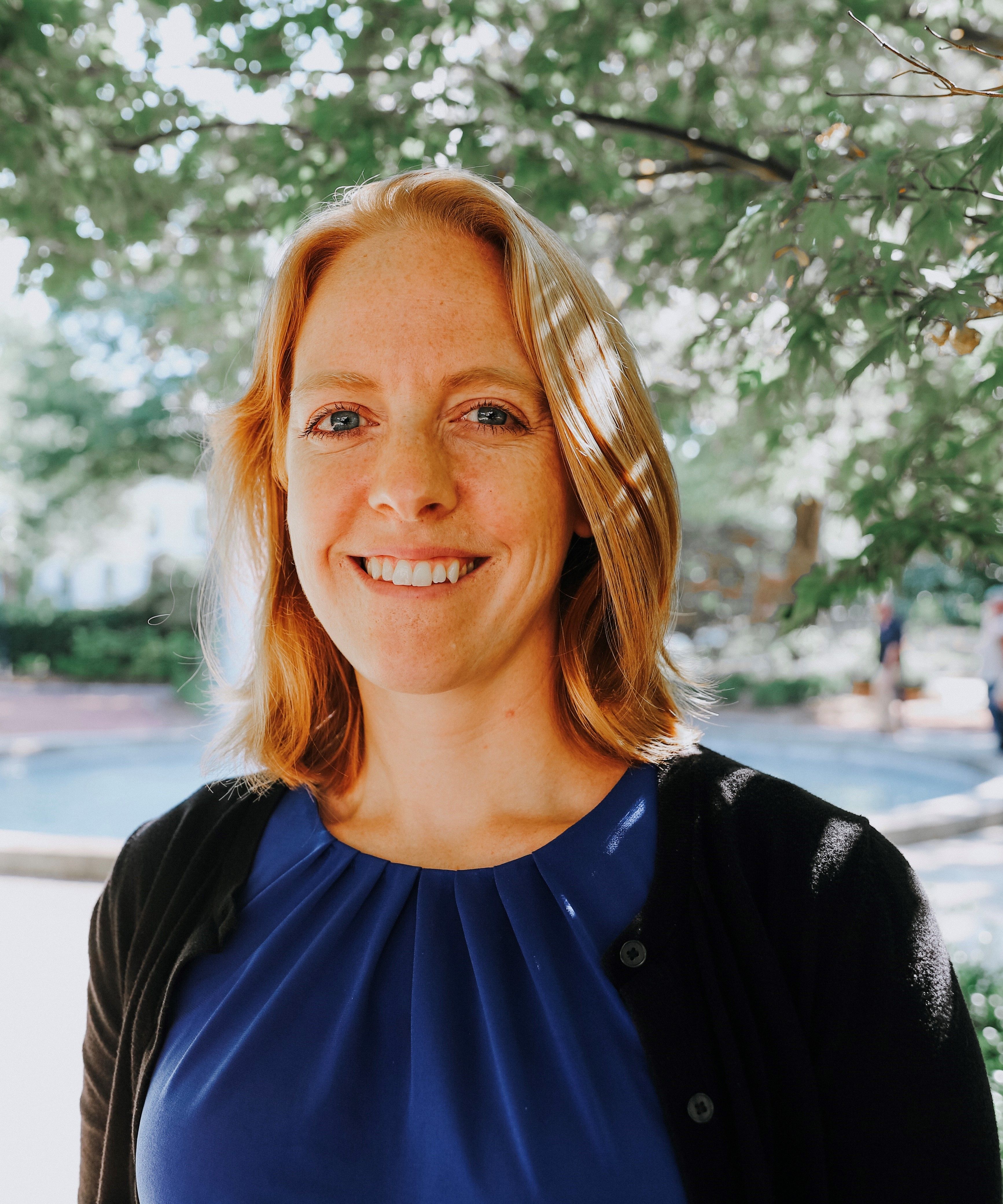
Assistant Professor Nora Webb Williams - Prof. Webb Williams is extending her 2022-23 project by continuing to use Cline Center news archives, databases, and text-as-data expertise to study the ties between elite actors in authoritarian regimes. The main focus is on post-Soviet countries, primarily Russia, Kazakhstan, Kyrgyzstan and Belarus. The project will extract instances of positive and negative interactions between elites to predict regime-level outcomes such as coup d'état attempts. The work will involve developing new text-as-data tools and applying them to historical media coverage available at the Cline Center.
Assistant Professor JungHwan Yang – Prof. Yang’s research project aims to understand the media's coverage patterns of real-world events, with a primary focus on mass shootings and police shootings. There is a notable trend in media where only a handful of events receive predominant coverage, leaving numerous others underrepresented or completely ignored. This study seeks to illuminate any inherent biases in news production, specifically by examining the criteria determining news selection and presentation. To address this question, this project aims to identify specific mass shooting incidents as they appear in the media through the Cline Center’s Global News Index. This process entails correlating distinct shooting events with their corresponding media reports and identifying various characteristics related to news and its media sources.
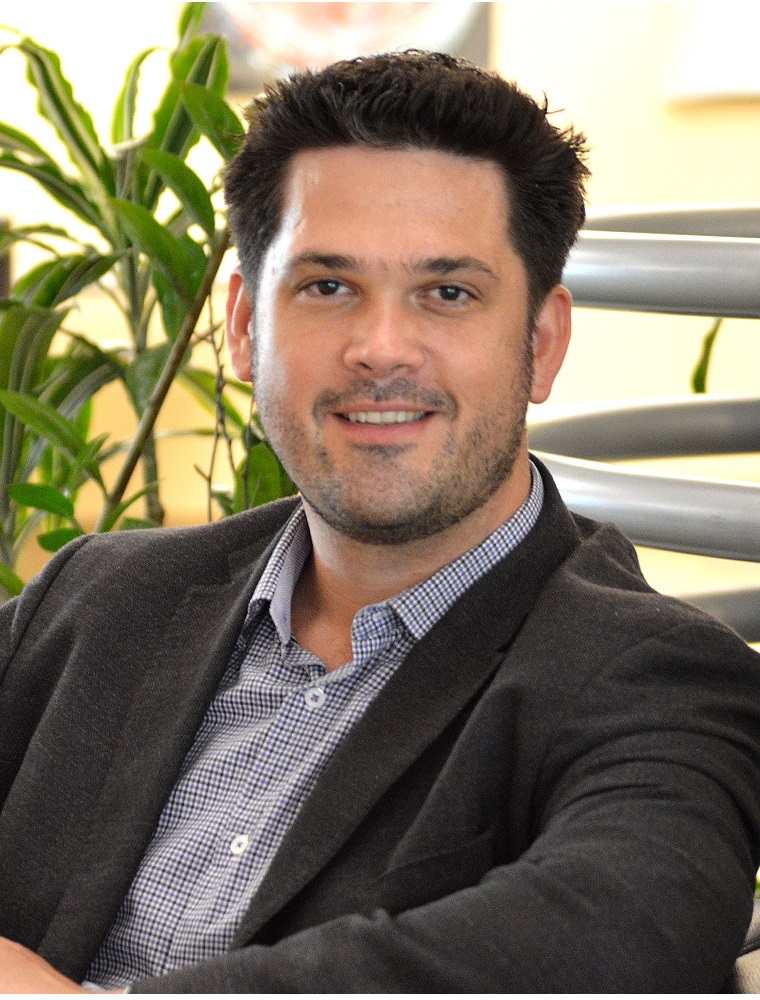
Assistant Professor Peter Christensen – The Black Lives Matter Movement: Media Coverage and Impacts on Discriminatory Behavior
Prof. Christensen’s project is designed to reveal the causal linkages between local protest activity, local media coverage, and the incidence of discrimination in the housing market. A significant challenge in studying these relationships involves the absence of information that can be used to characterize the timing and character of local, contemporaneous protest movements. To address this challenge, Prof. Christensen will integrate emerging Cline Center data on police shootings and community-level protests with experimental data on the incidence of racial discrimination in the 50 largest housing markets in the US.

Assistant Professor Nora Webb Williams - Computational Kremlinology: Analyzing the Dynamics of Authoritarian Regimes using Elite Networks Constructed from News Texts and Images
Prof. Webb Williams’s project will use Cline Center news archives, databases, and text-as-data expertise to study the ties between elite actors in authoritarian regimes. The main focus is on post-Soviet countries, primarily Russia, Kazakhstan, Kyrgyzstan, and Belarus. The project will extract instances of positive and negative interactions between elites to predict regime-level outcomes such as coup d'état attempts. The work will involve developing new text-as-data tools and applying them to historical media coverage available at the Cline Center.
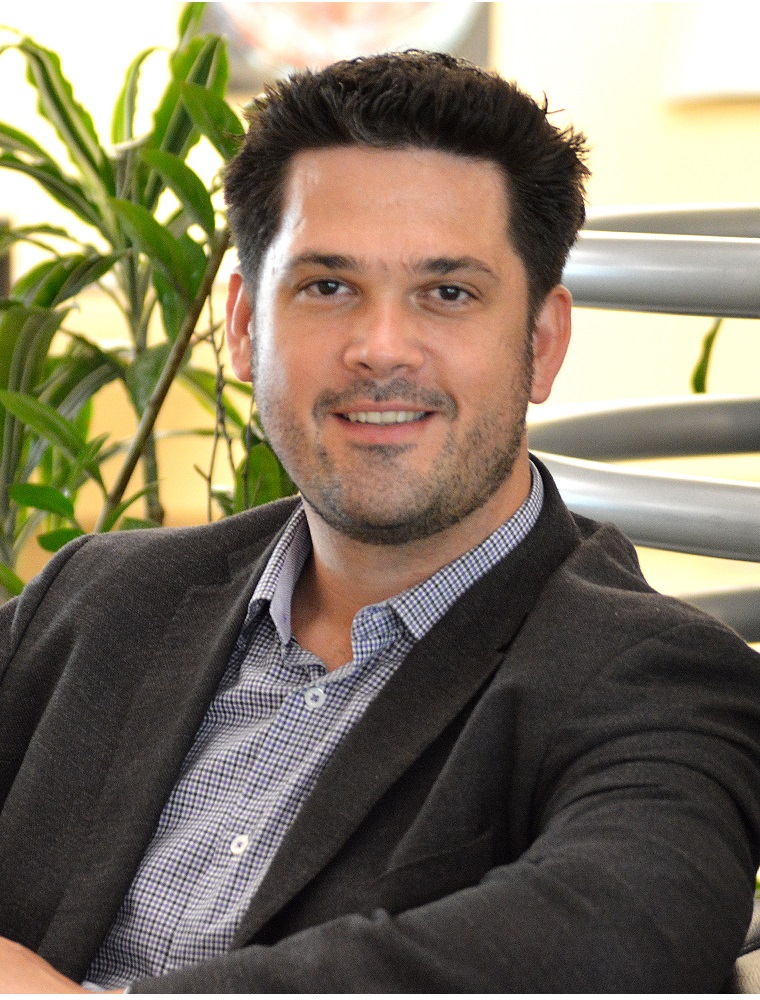
Assistant Professor Peter Christensen – The Black Lives Matter Movement: Media Coverage and Impacts on Discriminatory Behavior
Prof. Christensen’s project is designed to reveal the causal linkages between local protest activity, local media coverage, and the incidence of discrimination in the housing market. A significant challenge in studying these relationships involves the absence of information that can be used to characterize the timing and character of local, contemporaneous protest movements. To address this challenge, Prof. Christensen will integrate emerging Cline Center data on police shootings and community-level protests with experimental data on the incidence of racial discrimination in the 50 largest housing markets in the US.
Assistant Professor Jodi Schneider - Assessing the Impact of Media Polarization on Public Health Emergencies
Prof. Schneider will investigate whether the news on public health emergencies is polarized along party lines, and to what extent. To do so, she plans to use the Cline Center’s Global News Index (GNI) and Archer system to investigate U.S. news on the opioid crisis (2004-2016) and the COVID-19 pandemic (2020-).
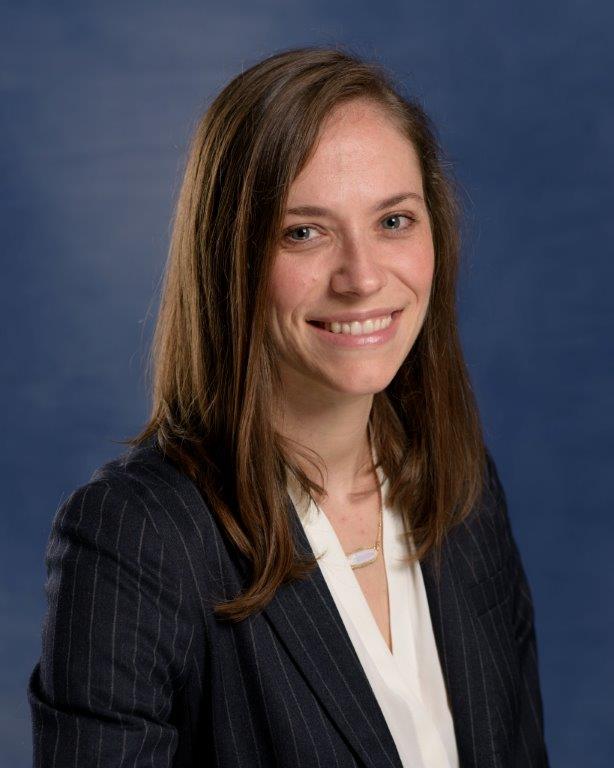 |
Assistant Professor Alyssa Prorok – Examining the Determinants and Effects of Cooperation between Combatants during Civil War Prof. Prorok’s project aims to use the Cline Center’s Global News Index to collect information on cooperation between combatants engaged in civil war. The focus of her fellowship will be creating new data that can clarify the determinants and effects of cooperation between enemies. |
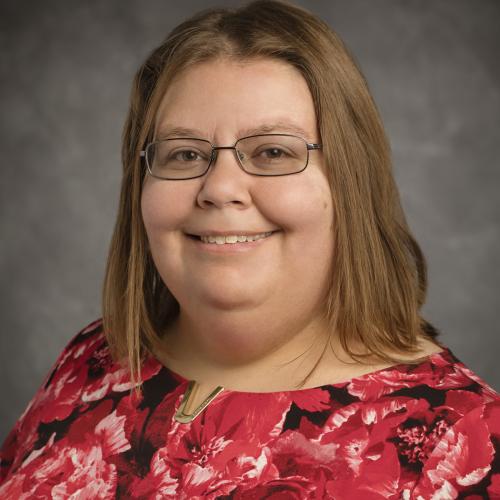 |
Assistant Professor Jodi Schneider - Assessing the Impact of Media Polarization on Public Health Emergencies Prof. Schneider will investigate whether the news on public health emergencies is polarized along party lines, and to what extent. To do so, she plans to use the Cline Center’s Global News Index (GNI) and Archer system to investigate U.S. news on the opioid crisis (2004-2016) and the COVID-19 pandemic (2020-). |
 |
Assistant Professor Alyssa Prorok – Examining the Determinants and Effects of Cooperation between Combatants during Civil War Prof. Prorok’s project aims to use the Cline Center’s Global News Index to collect information on cooperation between combatants engaged in civil war. The focus of her fellowship will be creating new data that can clarify the determinants and effects of cooperation between enemies. |
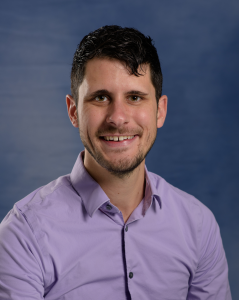 |
Assistant Professor Chadly Stern - Citizen Consensus, Societal Conflict, and Legal-Based Order: A Within- and Between-Country Examination Prof. Stern work on the relationship between political consensus and societal conflict. He will use survey data and Cline Center-generated event data to examine whether the degree of political consensus among citizens can predict the intensity of societal conflict. In addition, Prof. Stern plans to extend the analysis by studying the relationship between citizen consensus and legal-based order by using the Cline Center’s Rule of Law data. |
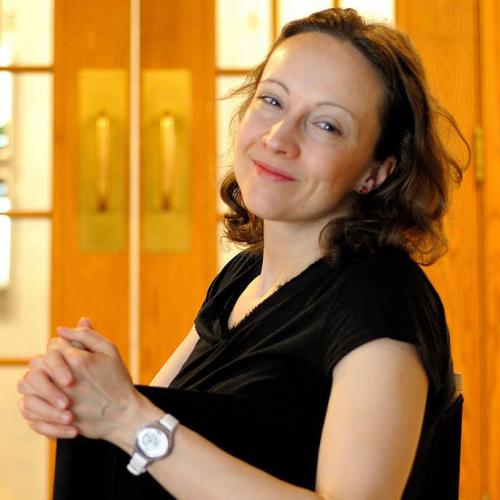 |
Jana Diesner - Using Natural Language Processing to Measure and Understand the Description of Hurricanes Depending on the Gender of Storm Names and Geo-Location of Reporting This project aims to use text-mining technologies to enable better disaster response practices by analyzing media coverage related to hurricanes. Prof. Diesner will ask whether the gender of the storm’s name and the location of active media outlets are correlated with the extent and content of risk, preparedness, uncertainty-related rhetoric. |
 |
Chadly Stern - Citizen Consensus and Societal Stability: A Within-and Between-Country Examination This project aims to enhance our ability to understand and address political violence. Prof. Stern will use survey data and Cline Center-generated event data to examine whether the degree of consensus among citizens on political issues and values predicts the level of societal stability or conflict. |
- Assistant Professor Avital Livny - Composition of Ethnic and Religious Groups (CREG) project
- Professor Dan Roth - Automated Event and Concept Extraction from News Text
- Meaning in text arises from the interaction of relations among concepts essential to the topic at hand, along with those concepts’ grounding in the “real world.” This structural view has long been common among linguists and cultural sociologists, but is less common in empirical social science. The scale of social science inquiry has been constrained by the inability to automatically process text and map it to “meaning,” and the resulting need to rely on small-scale manual identification of concepts and relations. This Linowes Fellow project aims to enable large-scale automated extraction of structured information in the form of concept maps from free text arising in online media, news and web content. It will work to extend the state-of-the-art in Natural Language Processing (NLP) by significantly improving scholars’ ability to analyze events mentioned in text - identifying and classifying “who does what to whom,” “grounding” events in existing encyclopedic resources, and recognizing relations between events. These methods will also allow us to recognize when similar events are presented differently by different sources, and how the presentation of events changes with time.
- Professor Dov Cohen - Ethno-Religious Identity and Inter-Group Conflict Dynamics
- To be effective, democratic governments must maintain order, enable peaceful succession to national leadership posts, and ensure the rights of minorities. These goals can all be thwarted by high levels of lawlessness and interpersonal conflict, but perhaps the most common and most disruptive threat comes from inter-group violence. Inter-group violence can derive from socio-economic, political, ethnic, or religious cleavages. As data collected by the Cline Center has shown, violence driven by ethnic and religious contention has come to be increasingly important in the post- World War II era. While existing data effectively documents the importance of ethnic and religious conflict, more work remains to be done in exploring the roots of such conflict: Why is it that violent conflict between ethnic and religious groups develops in some countries at some times and not others? This Linowes Fellow project attempts to investigate demographic and perceptual factors that lead to conflict or facilitate peaceful co-existence.
- Website | Email
- Professor Xinyuan Dai - Domestic Institutions and International Law
- “International” law sounds more universal than it actually is. In reality, the extent to which states participate in and adhere to international law varies substantially. This project leverages a crucial difference between two types of treaty instruments in order to understand empirical patterns and the logic of states’ legal commitments, which may be ‘shallow,’ or ‘deep.’ Specially, why do some states not only embrace broad and general principles in framework agreements but also specific and demanding obligations included in optional protocols? Do state-level characteristics like the existence of a democratic regime or level of economic development drive empirical patterns of international commitments? Do international institutional factors - such as the extent of cooperation demanded by the protocol - influence states’ commitment behavior? Despite a great deal of interest among scholars and policy makers, these questions remain unresolved. Indeed, scholars disagree about whether the demandingness of obligations, dampens states’ participation in international law. This Linowes Fellow project examines the effects of state characteristics-such as political institutions and adherence to rule of law-that may impact countries’ propensity to accept more demanding commitments.
- Website | Email
- Professor Dan Roth - Automated Event and Concept Extraction from News Text
- Meaning in text arises from the interaction of relations among concepts essential to the topic at hand, along with those concepts’ grounding in the “real world.” This structural view has long been common among linguists and cultural sociologists, but is less common in empirical social science. The scale of social science inquiry has been constrained by the inability to automatically process text and map it to “meaning,” and the resulting need to rely on small-scale manual identification of concepts and relations. This Linowes Fellow project aims to enable large-scale automated extraction of structured information in the form of concept maps from free text arising in online media, news and web content. It will work to extend the state-of-the-art in Natural Language Processing (NLP) by significantly improving scholars’ ability to analyze events mentioned in text - identifying and classifying “who does what to whom,” “grounding” events in existing encyclopedic resources, and recognizing relations between events. These methods will also allow us to recognize when similar events are presented differently by different sources, and how the presentation of events changes with time.
- Professor Dov Cohen - Ethno-Religious Identity and Inter-Group Conflict Dynamics
- To be effective, democratic governments must maintain order, enable peaceful succession to national leadership posts, and ensure the rights of minorities. These goals can all be thwarted by high levels of lawlessness and interpersonal conflict, but perhaps the most common and most disruptive threat comes from inter-group violence. Inter-group violence can derive from socio-economic, political, ethnic, or religious cleavages. As data collected by the Cline Center has shown, violence driven by ethnic and religious contention has come to be increasingly important in the post- World War II era. While existing data effectively documents the importance of ethnic and religious conflict, more work remains to be done in exploring the roots of such conflict: Why is it that violent conflict between ethnic and religious groups develops in some countries at some times and not others? This Linowes Fellow project attempts to investigate demographic and perceptual factors that lead to conflict or facilitate peaceful co-existence.
- Website | Email
- Associate Professor Cara Wong - Measurement of Ethnic Diversity
- Scholars have long been interested in the relationships between an area's ethnic diversity and its welfare spending, social capital, economic growth, and likelihood of ethnic conflict. Much of this research is at the country level, although the "area" in question has ranged all the way down to neighborhoods and schools. Despite the wide-ranging questions about the effects of ethnic diversity, there is widespread consensus that existing measures of this diversity are flawed. This Linowes Fellow project aims to develop a measure that will hopefully become the new standard in research on the effects of countries' socio-cultural diversity.
- Website | Email
- Associate Professor Cara Wong - Measurement of Ethnic Diversity
- Scholars have long been interested in the relationships between an area's ethnic diversity and its welfare spending, social capital, economic growth, and likelihood of ethnic conflict. Much of this research is at the country level, although the "area" in question has ranged all the way down to neighborhoods and schools. Despite the wide-ranging questions about the effects of ethnic diversity, there is widespread consensus that existing measures of this diversity are flawed. This Linowes Fellow project aims to develop a measure that will hopefully become the new standard in research on the effects of countries' socio-cultural diversity.
- Website | Email
- Associate Professor Milan Svolik - Analytical Logics for Unrest, Repression and Regime Change Data
- Political unrest and government repression, although pervasive, are also some of the least understood outcomes in political life. A major reason for this deficiency is the lack of large-N data: no comprehensive or comparable cross-country data currently exist that would allow for the rigorous study of their determinants and consequences. This Linowes Fellow project aims to develop a conceptual framework for the collection of event-based data on unrest and repression and their effects on regime stability and change.
- Website | Email
- Associate Professor Cara Wong - Measurement of Ethnic Diversity
- Scholars have long been interested in the relationships between an area's ethnic diversity and its welfare spending, social capital, economic growth, and likelihood of ethnic conflict. Much of this research is at the country level, although the "area" in question has ranged all the way down to neighborhoods and schools. Despite the wide-ranging questions about the effects of ethnic diversity, there is widespread consensus that existing measures of this diversity are flawed. This Linowes Fellow project aims to develop a measure that will hopefully become the new standard in research on the effects of countries' socio-cultural diversity.
- Website | Email

